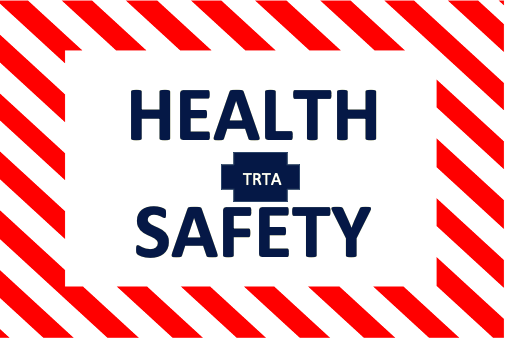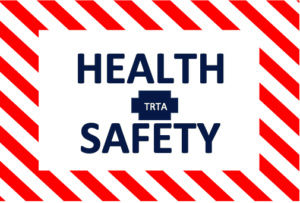Respiratory Syncytial Virus or RSV is a common respiratory virus that usually causes mild, cold-like symptoms. Infants and older adults are more likely to develop severe RSV and need hospitalization.
The symptoms of RSV include runny nose, decrease in appetite, coughing, sneezing, fever and wheezing. These symptoms usually appear in stages and not all at once. Most infections go away on their own in a week or two. Symptoms can be relieved with over-the-counter fever reducers and pain relievers and drinking plenty of liquids to prevent dehydration.
Older adults are at increased risk of severe RSV. RSV can lead to more severe infections such as bronchiolitis and pneumonia. Older adults may need to be hospitalized if they are having trouble breathing or are dehydrated. In severe cases, a person may need additional oxygen, IV fluids or intubation. In most cases, hospitalization only lasts a few days.
The transmission of RSV can be by virus droplets via a cough or sneeze, direction contact with a contagious child or adult, or touching a surface with the virus on it such as a doorknob. People with RSV are usually contagious for 3 to 8 days, becoming contagious a day or two before they start showing symptoms. RSV can survive for many hours on hard surfaces and for shorter amounts of time of soft surfaces like hands. RSV season usually begins in the fall and peaks in the winter.
The prevention of RSV for adults 60 and over is by an approved RSV vaccine. Two vaccines have been licensed by the FDA (Arexvy by GSK and Abrysvo by Pfizer). This year, CDC has recommended multiple, new immunizations to protect those most at risk of getting very sick with RSV.
Older adults are at greater risk because immune systems weaken with age. Older adults with underlying medical conditions including chronic heart or lung conditions or who are living in nursing homes or long-term care facilities are at greater risk of severe RSV complications. Individuals with asthma, chronic obstructive pulmonary disease or congestive heart failure may experience more severe symptoms. 6,000 to 10,000 older adults die due to RSV infection annually in the USA.
To avoid RSV infection:
Wash your hands often.
Avoid touching your face with unwashed hands.
Avoid close contact with sick people.
Cover your cough and sneezes.
Clean frequently touched surfaces.
Stay home when you are sick.
If you are concerned about RSV, talk to your doctor to see if vaccination is appropriate for you.
Source: CDC. Centers for Disease Control and Prevention


